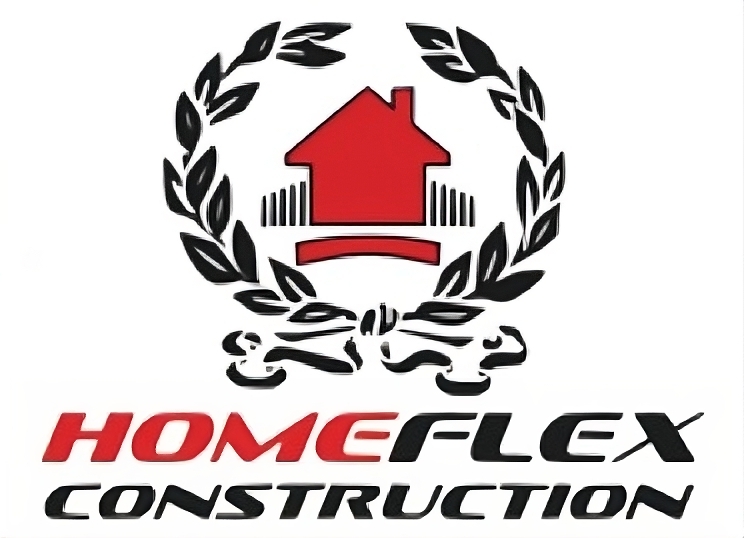Time to build a new driveway? You’re probably debating between a concrete vs asphalt driveway — the two top choices for homeowners looking for durability and curb appeal. Both materials promise strength, style, and value, but they handle weather, weight, and maintenance very differently. Choosing the right surface can save you money, reduce repairs, and keep your driveway looking brand-new for years. Let’s break down which material truly lasts longer and performs better under pressure.
Understanding the Difference (The Chemistry)
These two look similar from afar, but their DNA is totally different. They both use rock and gravel, but the “glue” is key:
- Concrete: Uses cement as the binder. This makes it rigid, hard, and light-colored.
- Asphalt: Uses bitumen (a black, oil-based material) as the binder. This makes it dark, flexible, and fast-curing.
That single difference between rigid cement versus flexible oil affects everything from the price to how long it actually lasts.
Durability Showdown: Who Lasts Longer?
The Concrete Champion
Concrete is the rigid champion. When a crew installs this stuff correctly, it’s easily hitting 30 to 40 years or more. It laughs at heavy trucks and won’t get those sloppy ruts. Overall, when comparing a concrete vs asphalt driveway, concrete tends to outlast asphalt in most climates if properly maintained.
The Downside: Here’s the killer: winter. Those brutal freeze-thaw cycles? They let water sneak in, freeze, and then boom, you get cracks. If you don’t use control joints (those grooves) and seal them up every few years, that NYC winter will chew them up. It also reflects heat, which is nice in summer, but it means snow and ice take longer to melt off in winter.
The Asphalt Fighter
Asphalt is the flexible fighter. You’re looking at 20 to 30 years, tops. Its superpower is flexibility; it expands and contracts without cracking, which is fantastic for crazy temperature swings and shifting ground.
The Downside: Asphalt is needy. It requires constant love; you have to reseal it every couple of years, or the sun will literally suck the oil out, making it brittle and crumbly. On the bright side, that dark color is a huge bonus in winter because it absorbs heat and helps melt snow faster!
Installation & Maintenance: What’s the Commitment?
| Factor | Asphalt (The Fast Choice) | Concrete (The Long-Term Choice) |
| Installation Speed | Fast. You can drive on it in 2–3 days. | Slow. Requires about a week (or more!) to fully cure. |
| Maintenance | High. Needs resealing every 2–3 years. If you ignore it, it fades and crumbles quickly. | Low. Needs cleaning and sealing every few years, but less often than asphalt. |
| Winter Performance | Great. Its flexibility prevents cracking, and the dark color absorbs heat to help melt ice. | Good. Needs proper sealing and control joints to handle freeze-thaw cycles without fracturing. |
A concrete vs asphalt driveway also differs in how much care each surface needs — asphalt requires resealing more often, while concrete is lower maintenance.
Aesthetics and Cost: Money vs. Looks
Cost & Value Over Time
Let’s talk dollars. Asphalt is the instant budget winner, running about $8–$15 per square foot installed. Concrete is a bigger hit upfront, closer to $12–$20 per square foot.
The Catch: Don’t be fooled! All that mandatory, constant resealing for asphalt means the long-term, cumulative cost gap closes fast. If you’re staying put for two decades, concrete is often the cheaper path.
Appearance
- Asphalt: You get one look: black. It’s clean, classic, and great at hiding oil stains and tire marks. Simple and functional.
- Concrete: Total design freedom! You can stamp it to look like stone, stain it, or texture it. This is the choice for homeowners who want curb appeal and a high-end, custom look.
The Verdict: Which One Should You Pick?
While both materials are tough, concrete drivewaysgenerally last longer (30–40 years) and require less regular maintenance.
However, asphalt’s flexibility and lower upfront cost make it incredibly appealing. Your final decision should honestly come down to three things:
- Your Budget: Can you handle the higher upfront concrete cost?
- Your Climate: Do you mind resealing asphalt every two years to combat the cold and sun?
- Your Vibe: Do you need that custom, decorative look only concrete can offer?
Whichever you choose, get a great crew for the installation and be diligent with maintenance. That’s the real secret to a driveway that lasts for decades!
